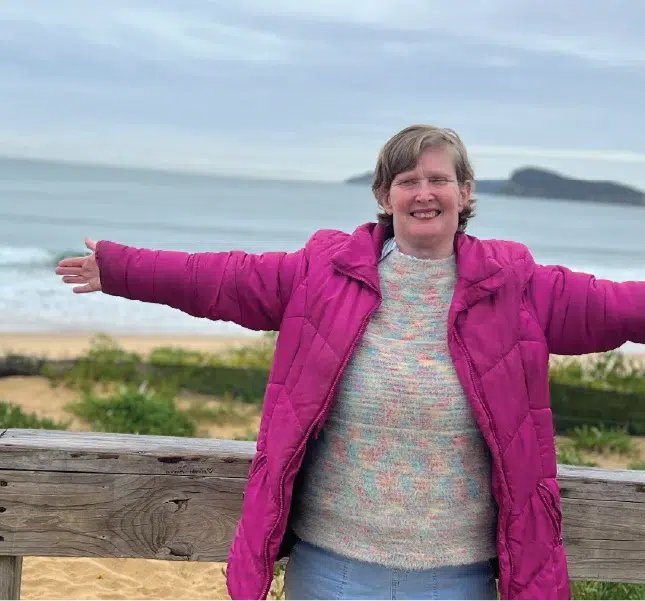Connect, collaborate and celebrate this Social Inclusion Week
November 18, 2020
Social Inclusion Week – which is being held from 21 to 29 November – aspires to ensure that all members of Australian society feel valued and included. It’s about providing the opportunities so everyone has the same chance to engage in society, no matter what their status.
Social Inclusion Week is also about encouraging communities to connect and include people of all ages, cultures, nationalities and abilities. This inevitably strengthens relationships and ensures that the issues of isolation and marginalisation are addressed long-term.
Why is social inclusion so important in Australia?
Communities within Australia that are more likely to experience exclusion are young people, out-of-work families with children, people living with mental illness or a disability, the homeless, elderly and indigenous Australians.
When you look at the figures associated with these groups, you’ll understand that they represent a significant part of the Australian population.
Information taken from the last census in 2016 and published by the Australian Bureau of Statistics tells us that people aged up to 24 make up almost one-third (31.5 per cent) of the population, while the elderly (people aged 65 and over) represent nearly 16 per cent. Over 20 per cent of Australians, representing just over 1 million individuals, make up non-working couple families.
The Black Dog Institute, a not-for-profit facility for mental health issues, quotes a figure of one in five Australians aged 16-85 experiencing a mental illness in any one year.
Meanwhile, The Australian Network on Disability reports that more than 4.4 million people in Australia are living with some type of disability and that 35.9 per cent of households include someone with a disability.
The last census also reported that over 116,000 people were counted as being homeless on census night, an increase of nearly 14 per cent since the previous census in 2011.
We also learn from the 2016 census that Aboriginal and/or Torres Strait Islander people represent 2.8 per cent of the population.
These figures tell us that exclusion affects a broad spectrum of the population, and it could affect any one of us at some point in our lives.
A social inclusion success story
This heartwarming video about Alex Graham, a student at Turramurra High School in New South Wales, tells the story of his school career. Despite living with severe disabilities, Al has been able to live life just like any other young person, thanks to his community rallying round him.
His family and school community ensured he experienced school just like his fellow students, making adaptions – for example, using an inflatable kayak to take part in the swimming carnival – so he could participate in regular activities. Including Al in school activities has, in turn, generated creativity and joy, proving that everyone gains from inclusivity.
The video encapsulates the idea that sowing the seeds of acceptance in children’s early years will mean that diversity becomes the norm as they graduate and go out into the wider world.
How can I celebrate Social Inclusion Week?
This year’s theme is Connect, Collaborate and Celebrate!
You can organise or take part in a social inclusion-themed event. This could be a tea party in your community, an art competition open to everyone or a free concert to which everyone is invited. Find more tips on how to do this on the Social Inclusion Week website. Search for Social Inclusion Week events here. These include talks, festivals and movie screenings, so there’s something to suit everyone’s taste.
Above all, remember that exclusion is everywhere in our communities. At CatholicCare we focus on client needs and ensure inclusion wherever possible.
More news stories like this one
Creating space for safety this International Women’s Day
International Women’s Day (8 March) is an opportunity to reflect on the realities women face, and the responsibility we share to remove the barriers that prevent safety, recovery and long-term wellbeing.
Read MoreMemory Innovations keeps Pat moving
Explore the Memory Innovations Centre where Pat finds laughter and purpose through engaging classes like Brain Games.
Read MoreSarah blossoms at Clarke Road
Find out how the Click & Connect group at the Disability Hub Waitara boosted Sarah's confidence and tech skills over time.
Read More


